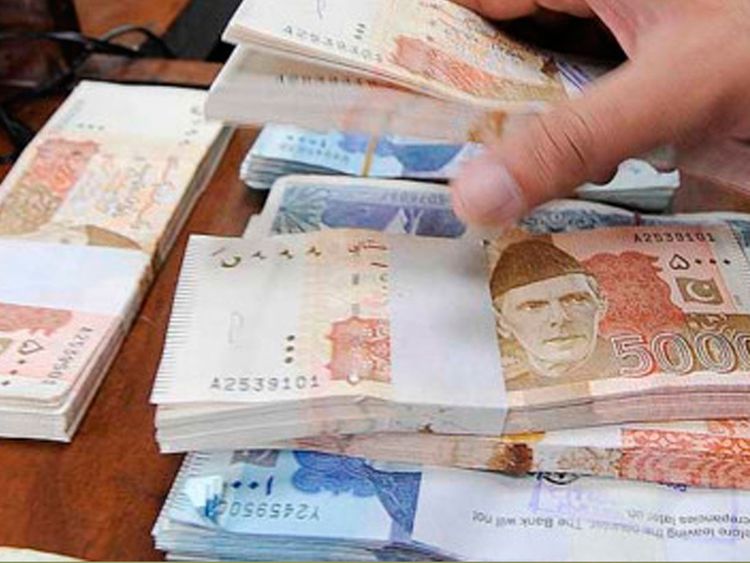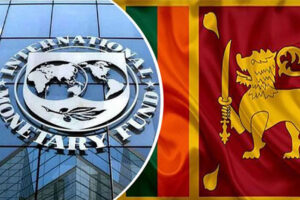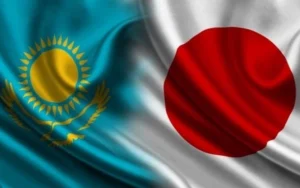Pakistani rupee slumps to 50 against UAE dirham; will it hit 51?

Pakistani rupee has hit an all-time low of 50 against the UAE dirham and is likely to weaken further due to the ongoing political crisis.
Dubai, TGO: The rupee has plunged to a record low, trading below 183.50 to a dollar. Pakistani rupee has hit an all-time low of 50 against the UAE dirham and is likely to weaken further due to the ongoing political crisis.
The South Asian currency had hit 50 versus the Emirati dirham on April 2, and since has been trading in a narrow range. On Tuesday morning, the rupee was trading at 50.23 against the UAE dirham, according to xe.com. The rupee had lost around 3.9 per cent in March.
Pakistani President Arif Alvi dissolved the country’s parliament on recommendations of prime minister Imran Khan last week as opposition parties tried to oust him through a no-confidence vote which he was poised to lose.
Hasan Fardan Al Fardan, CEO of Al Fardan Exchange, said the rupee has plunged to a record low, trading below 183.50 to a dollar (50 against UAE dirham) tracking Emerging Markets’ currencies as traders are rushing to buy secure assets, as they track the global situation.
“With the State Bank of Pakistan keeping key interest rates unchanged and inflation at record high levels, we expect the Pakistani rupee to depreciate further. A depreciation of around two to three per cent is expected month-on-month for the rupee,” he said.
Al Fardan sees the rupee trading in the range of 184.40 to 186.00 versus the dollar (50.24 and 50.68 against dirham) in the coming week with an uptick of breaching technical levels of 186.50 expected in a month.
Nagesh Prabhu, deputy general manager for Treasury at LuLu Exchange, also sees the position of the Pakistani rupee a little weak presently.
“Under the current situation, we feel that rupee might test 185, which translates to 50.30-50.35 against dirham. In the event of further disruptions, it might test 187-188 against the dollar or 50.90-51.00 against Emirati dirham,” added Prabhu.
Going forward, Al Fardan CEO said inflation, global commodity prices, political stability and balance of payments will dictate the Pakistani rupee’s movement.


